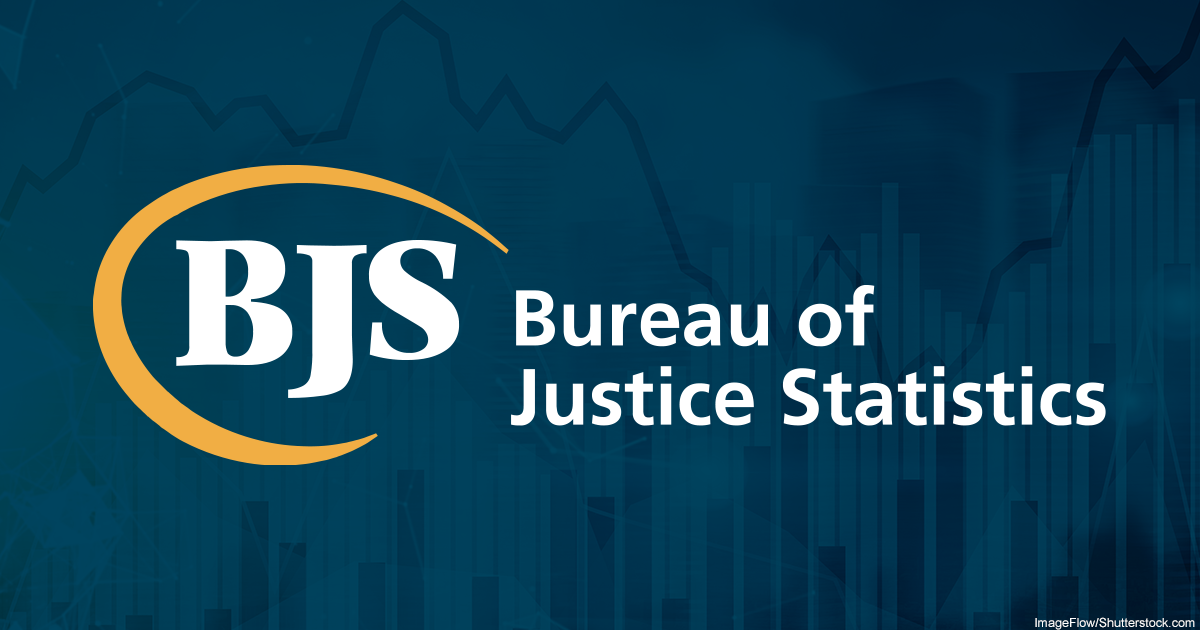Incarceration is challenging for most individuals, but it poses unique and often severe hardships for those with mental health conditions such as Autism Spectrum Disorder (ASD). For inmates with sex offense convictions, the prison environment is particularly hostile, marked by frequent bullying, social isolation, and even physical violence. When an individual has both ASD and a sex offense conviction, the combination can be profoundly damaging—amounting to a near-constant psychological assault on someone who may struggle to fully comprehend their offense or the intense hostility they face behind bars.
Although the Federal Bureau of Prisons (BOP) formally recognizes ASD as a condition, it lacks specialized programs or staff training tailored to the needs of this population. Inmates with ASD are subject to the same disciplinary rules and expected to conform to the same social dynamics as neurotypical individuals. Many with ASD have spent their lives struggling to fit in, and within the rigid, unforgiving structure of prison, that struggle becomes even more isolating and painful.
Prison Culture
Prisons in the United States are often informally segregated along lines of race, geographic background, religion, criminal history, and whether an inmate cooperated with authorities. While this division can partly be attributed to people gravitating toward those with similar backgrounds, inmates convicted of sex offenses face a deeper, more severe form of exclusion. They are systematically barred from participating in many aspects of prison life and are often subjected to open hostility and contempt. This widespread animosity presents ongoing challenges for prison management and raises serious concerns about the safety and well-being of those in BOP’s custody.
Sex offenders make up a substantial portion of the federal prison population—approximately 13.6%, or over 19,000 individuals—ranking just behind those convicted of drug and weapons offenses. Despite their numbers, the BOP does not house them separately from the general population, making peaceful coexistence critical. Many legal professionals recommend that such individuals request placement at facilities offering Sex Offender Management Programs (SOMPs), even if they don’t intend to participate, simply for the relative safety provided by “strength in numbers.” Still, this strategy offers no guarantee against harassment, extortion, or abuse.
I spoke to attorney Elizabeth Kelley who specializes in defending those with …

